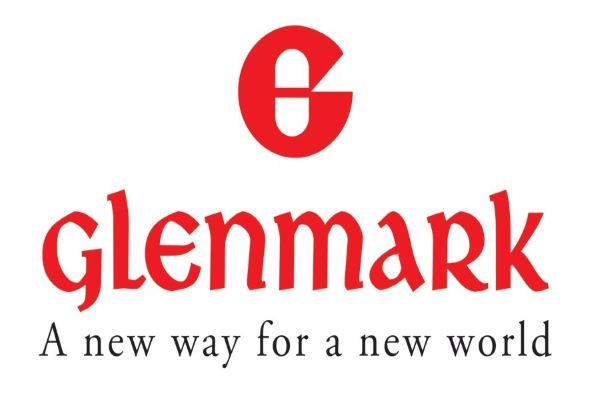
Ichnos Glenmark Innovation (IGI), a global biotechnology company, presented full dose-escalation results from its Phase 1 TRIgnite-1 study of ISB 2001 at the ASCO 2025 Annual Meeting.
These data show sustained ORR of 79 per cent and a complete response (CR/sCR) rate of 30% across seven active dose levels (≥ 50 µg/kg) in heavily pretreated patients, with a favorable safety profile. The ORR was 74 per cent in all treated patients, including two treated at lower dose levels.
ISB 2001 targets multiple myeloma by binding to BCMA and CD38, even at low levels, while engaging T cells to trigger an immune response. This trispecific design enhances tumor-specific cytotoxicity and aims to overcome resistance seen with first-generation bispecific antibodies and CAR-T therapies while minimizing off-tumor toxicity.
Professor Hang Quach, M.D., Professor of Haematology at the University of Melbourne and Director of Haematology at St. Vincent’s Hospital Melbourne, said “Responses to ISB 2001 highlight the remarkable anti-myeloma activity of this first-in-class anti-BCMA × CD38 × CD3 2 trispecific antibody-T cell engager in heavily pretreated RRMM patients, including those who have exhausted prior T cell-redirecting, BCMA-targeted, or anti-CD38 therapies - an especially challenging, quad-exposed patient population. With its unprecedented potency and tolerability, ISB 2001 has the potential to redefine the treatment landscape for RRMM, offering new hope for patients with limited therapeutic options.
The dose-expansion phase of the study is ongoing to establish the recommended Phase 2 dose (RP2D) and the best dosing schedule for future registrational studies.
“The high response rates and low safety concerns demonstrated in the dose-escalation portion of the TRIgnite-1 study, conducted in a heavily pretreated population across multiple types of therapies, reinforce the promise of ISB 2001 as a potential new treatment for patients,” said Lida Pacaud, M.D., Chief Medical Officer at IGI.
“As we advance to the second part of the TRIgnite-1 study, our focus is now on defining the recommended dosing schedule and evaluating ISB 2001 3 in a larger population of heavily pretreated RRMM patients, where we hope to observe similarly impressive treatment responses and tolerability.”

Subscribe To Our Newsletter & Stay Updated